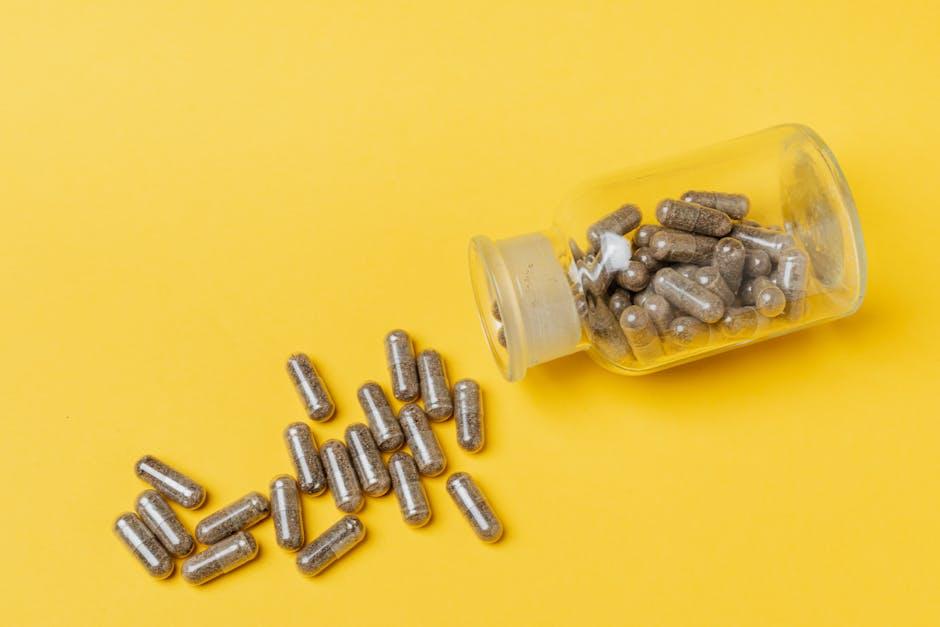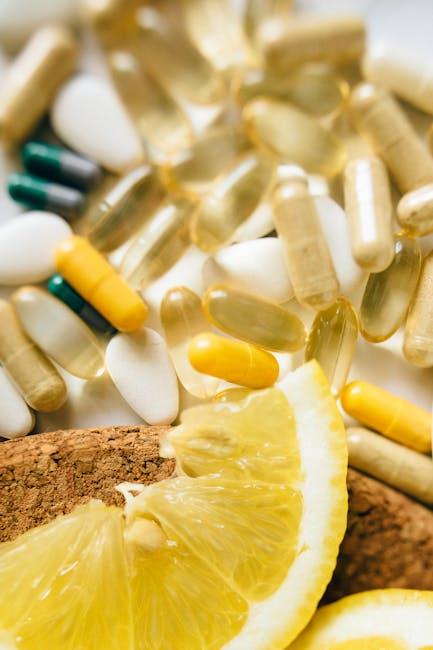
Herbal Supplements and Oral Health: Benefits, Risks, and Expert Advice
Published by London Daily News
In recent years, herbal supplements have gained popularity as natural alternatives for maintaining oral health. These plant-based remedies promise a variety of benefits, from reducing gum inflammation to fighting bacteria that cause tooth decay. But are herbal supplements really effective, and are they safe to use? In this comprehensive guide, we explore the benefits, potential risks, and expert advice on using herbal supplements to support your oral hygiene routine.
Understanding Herbal Supplements for Oral Health
Herbal supplements refer to natural products derived from plants that are often used to support health and wellness. When it comes to oral health, common herbs include clove, neem, green tea, aloe vera, and echinacea. These herbs can be found in various forms such as capsules, powders, tinctures, mouthwashes, and toothpaste additives.
People turn to these herbal supplements as a more holistic option for conditions like gum disease, bad breath, and cavities. But while nature offers potent compounds that may benefit oral health, it’s important to weigh the pros and cons carefully.
Top Benefits of Herbal Supplements for Oral Health
Many herbs contain bioactive compounds with antibacterial, anti-inflammatory, and antioxidant properties that can improve your oral environment. Here are some key advantages:
- Natural antibacterial action: Herbs like clove and neem help inhibit the growth of harmful oral bacteria, reducing plaque formation and fighting bad breath.
- Reduced inflammation: Aloe vera and chamomile have soothing effects that can calm irritated gums and reduce swelling from gingivitis.
- Enhanced healing: Some herbal extracts speed up tissue repair and wound healing, helpful after dental surgeries or injuries.
- Fresher breath naturally: Using herbal mouthwashes with mint or fennel oils can provide a refreshing sensation without harsh chemicals.
- Lower risk of side effects: Many users prefer herbal products to avoid synthetic ingredients found in some commercial dental care products.
Popular Herbs and Their Oral Health Benefits
| Herb | Benefit | Common Usage |
|---|---|---|
| Clove | Analgesic and antibacterial, reduces toothache and bacteria | Oil, powder, mouthwash |
| Neem | Antimicrobial, promotes healthy gums | Toothpaste, chewing sticks |
| Green Tea | Antioxidant, prevents plaque build-up | Rinses, capsules |
| Aloe Vera | Anti-inflammatory, soothes gums | Gel, mouth rinse |
| Chamomile | Calming, reduces oral inflammation | Tea, mouthwash |
The Risks and Considerations of Using Herbal Supplements for Teeth and Gums
Although generally safe when used appropriately, herbal supplements can pose risks if misused or overused. Here are important factors to consider:
- Allergic reactions: Some individuals may experience allergies or sensitivities to certain herbs.
- Interactions with medications: Herbal supplements can interfere with prescribed medicines, including blood thinners and antibiotics.
- Lack of regulation: Unlike pharmaceutical drugs, supplements are less tightly controlled, leading to variability in quality and potency.
- Incorrect dosing: Using too much or too little herbal product can reduce effectiveness or cause adverse effects.
- Not a substitute for dental care: Herbal supplements should complement, not replace, professional dental treatments and hygiene practices.
Warnings from Dental Experts
“While herbal supplements offer promising natural benefits for oral health, patients should approach them with caution. Always consult with your dentist before adding any herbal product to your oral hygiene routine to avoid unexpected interactions or side effects.” – Dr. Amelia Johnson, BDS, London Dental Clinic
Practical Tips for Using Herbal Supplements Safely
If you decide to incorporate herbal supplements into your oral care regimen, here are some expert-backed tips to maximize benefits and reduce risks:
- Choose reputable brands: Look for supplements that have quality certifications and clear ingredient labels.
- Consult your dentist: Share your interest in herbal remedies and ask for personalized advice based on your dental history.
- Use as adjunct, not replacement: Continue regular brushing, flossing, and professional checkups even when using herbal products.
- Start slowly: Introduce the supplement gradually to monitor for any side effects.
- Stick to recommended dosages: Avoid overuse which can irritate your gums or damage tooth enamel.
- Be cautious with mixes: Combining multiple herbs or supplements can increase the risk of interactions or sensitivity.
Case Study: Herbal Mouthwash for Gingivitis Relief
A 36-year-old London resident, Sophie, struggled with mild gingivitis and was keen to try natural remedies. She started using a neem-based mouthwash twice daily alongside her regular dental routine. After 6 weeks, Sophie’s gum inflammation visibly reduced, and she reported fresher breath and less sensitivity during brushing.
Her dentist confirmed reduced plaque accumulation and praised her for using herbal supplements as a complementary treatment rather than a stand-alone cure. Sophie’s experience highlights how natural supplements can be effective when combined with professional dental care.
Conclusion: Should You Use Herbal Supplements for Oral Health?
Herbal supplements offer promising benefits for enhancing oral health, from fighting bacteria to soothing gums and promoting healing. However, their use must be approached thoughtfully—balancing benefits with potential risks like allergies or interactions. The key is to view herbal supplements as supportive aids that complement professional dental hygiene routines, not as replacements.
Before adding any herbal supplement, always consult with your dentist or healthcare provider to ensure safety and appropriateness for your individual oral health needs. When used responsibly, herbal supplements can be a valuable part of maintaining a healthy, natural smile.
For more expert advice and the latest dental health news, stay tuned with London Daily News.


